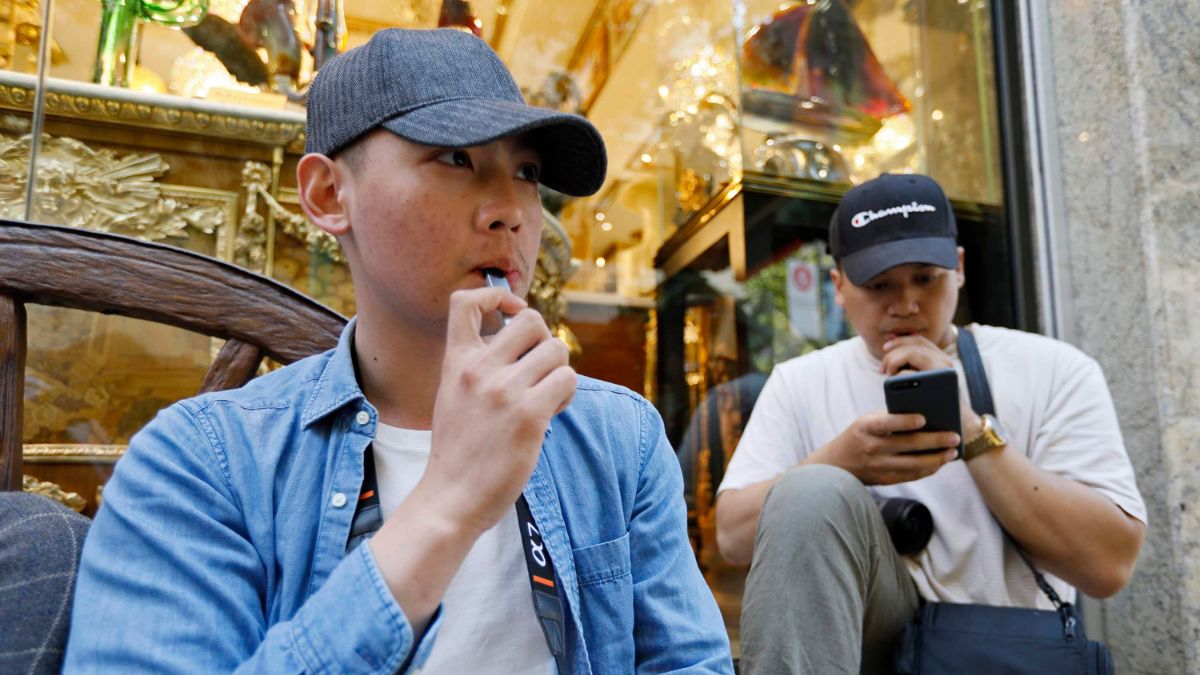In an effort to bring down smoking rates among its future generations, New Zealand will ban the sale of single-use e-cigarettes and vapes to people below the age of 18.
Retailers who continue to sell e-cigarettes to young people will also be fined, officials have said.
While announcing changes to the country’s Smokefree Environment and Regulated Products Act, Casey Costello, the Associate Health Minister, said that the rapid rise in youth vaping has been a “real concern” among parents and healthcare professionals.
As of last year, around 6.8 per cent of New Zealand’s population has been smoking daily, with many teenagers using disposable vapes because “they’re cheap and remain too easy to get," Costello added. New Zealand aims to reduce its smoking rates to 5 per cent by 2025.
Costello asserted that the country’s cabinet has placed a range of smoking-related regulations, set to take effect on March 21, including “a ban on vaping products with images of cartoons or toys on the packaging, and limiting flavor names to generic descriptions.”
Under the new rules, retailers who are found selling vapes and cigarettes would be heavily fined with amounts increased from NZ$10,000 (about $6,000) to NZ$100,000 ($60,000).
New Zealand joins the no-smoking club
New Zealand has joined the list of countries that have taken similar measures to discourage its younger generations from smoking.
Earlier, The United Kingdom announced plans to ban disposable e-cigarettes for those under the age of 14, in an effort by the Rishi Sunak-led government to bring about “the first smoke-free generation".
Impact Shorts
More ShortsNew Zealand’s neighbour Australia has banned the import of disposable vapes since January 1 this year amid worries over widespread teenage use. The purchase and importing e-cigarettes or nicotine vapes have been illegal for Australians since 2021, with regulations mandating a doctor’s prescription.
As many as 34 countries have banned e-cigarettes, while 74 countries had no vape regulations in place as per the World Health Organization (WHO) from December 2023.
The move comes in New Zealand a month after the island country scrapped a world-first law banning the sale of tobacco to those born after Jan 1, 2009. The law cut nicotine content and reduced the number of tobacco retailers by more than 90 per cent. The National Party-led coalition government instead, said it would take a “different approach” to discourage the habit.
The decision was heavily criticised over its possible impact on health outcomes in New Zealand, especially for its indigenous ethnic groups, Maori and Pasifika, who have higher smoking rates.


)

)
)
)
)
)
)
)
)



